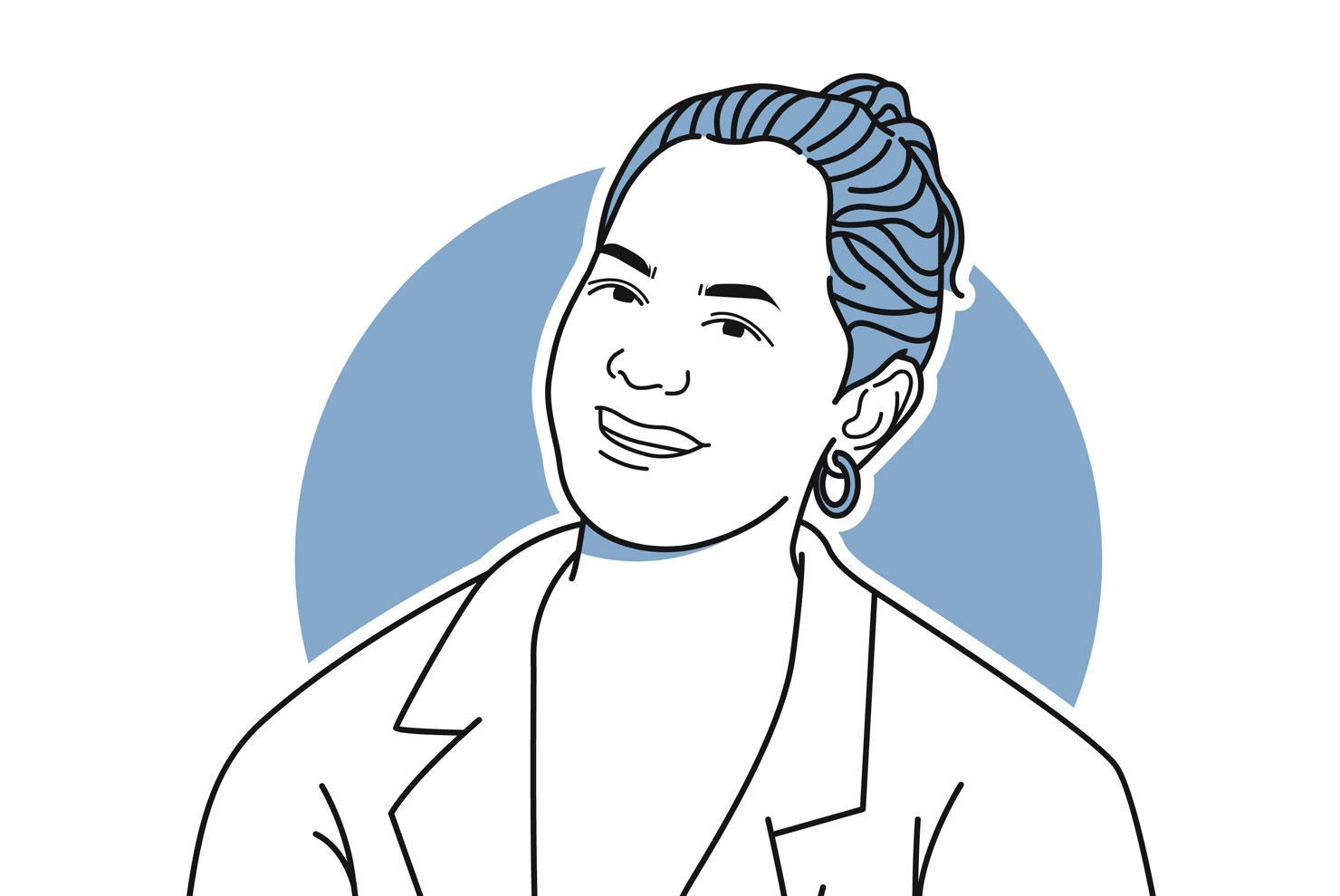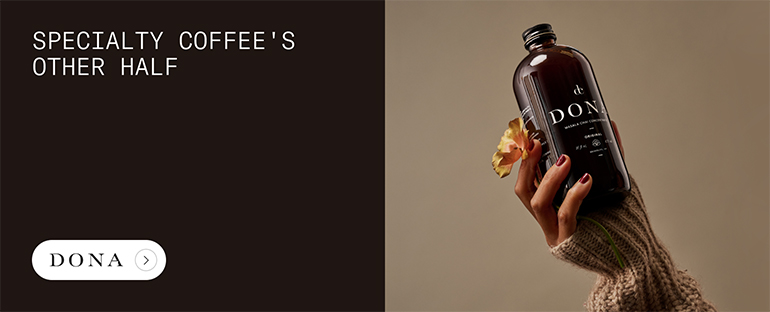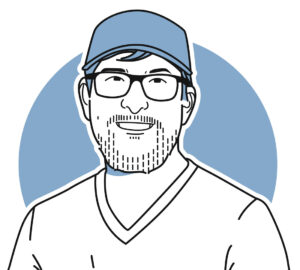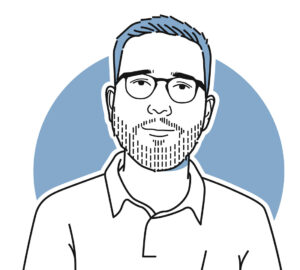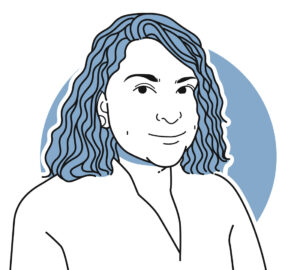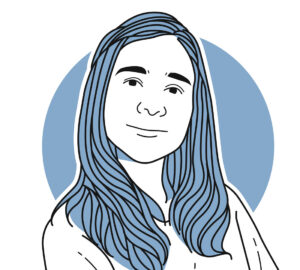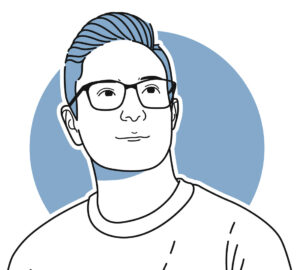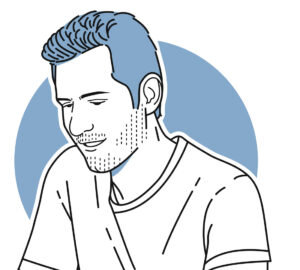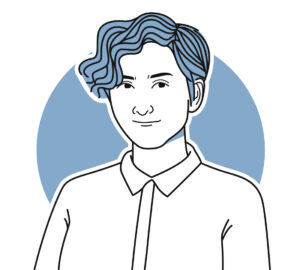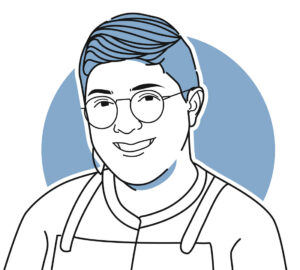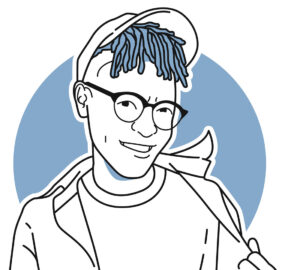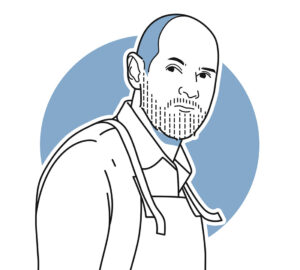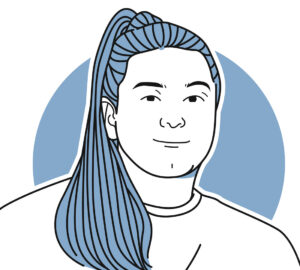Welcome to The Sprudge Twenty Interviews presented by Pacific Barista Series. For a complete list of 2023 Sprudge Twenty honorees, please visit sprudge.com/twenty.
“Amy Cosio, alongside their husband and partner Kiddo Cosio, is a small business owner in the north of the Philippines. They run their business not as an empire but by “coffee in the service of humans.” These guys do good, not just for their community but for their country. They fight for rights and are open to discourse, both ugly AND pretty. They give their kids autonomy, treat their staff as family, and, oh, they make good coffee too. Locally sourced, supported from the ground up, and gave all staff and owners universal pay when the pandemic hit. Good people who happen to run an awesome business.”
Nominated by Jamie Magsakay
What is the quality you like best about coffee?
To me, coffee represents nurturing a relationship with the land. So much of human technology dissociates us from the natural world, and it’s hard to feel at home in a planet in crisis. But the deeper I get into coffee, the more I feel part of nature. It can be such regenerative work, if we let it.
What was your first coffee job?
My first job was opening a coffee shop in a tiny surf town in the Philippines. My husband was the barista, and I managed the back end and cash flow. I didn’t get a salary at the start, because it was truly a mom n’ pop shop. We opened in 2013, while raising two toddlers. After a year we had another baby, so I left the operations and continued to help by making jam and cookies from home.
What is your current role in coffee?
My current role is as general manager of our coffee company. I rejoined the operations in 2016, after our youngest child turned two years old. This time I was officially employed and compensated for my work. I still consider myself a full-time parent and an entrepreneur. We currently have 30 employees, with growth plans that will triple our operations this 2023. I am heavily involved in people operations, coffee buying, and finance.
Did you experience a “god shot” or life-changing moment of coffee revelation early in your life?
I didn’t, actually. I was already 29 when I started drinking coffee regularly. I’m 36 now and I only have one cup a day. I had the unique experience of joining the industry just as the Philippine specialty coffee scene was blossoming. My friend would serve me practice shots on the new espresso machine for her hostel, and I had to bring my own almond milk because I was on a dairy-free diet while breastfeeding my son. My most memorable cup in those early days was when I had a Panama Gesha from Finca Nuguo. I never understood tasting notes until I took that first sip.
What issue in coffee do you care about most? What cause or element in coffee drives you?
As a Filipino woman working in coffee, the issues I encounter are more complex than the flavor wheel. The industry has done little to listen to global south voices, even though the journey of coffee from bean to cup happens mostly in third world tropical countries. The experience of growing, harvesting, processing, roasting, and serving coffee, and all of it happening within a 100km distance, gives me a different perspective on what quality truly means. In my corner of the world, working in coffee is community work. It doesn’t exist without activism, without building infrastructures of care for people who have no access to social services. It means nation building in the midst of globalization. What drives me is the decolonization of coffee.
Do you often make coffee at home? If so, tell us how you brew!
I am at our cafe most days, but if I’m not at a cupping or tasting lattes from barista training sessions, I make a filter coffee at home. I have a Blue Bottle ceramic dripper, and I brew the coffee the easiest way I can with a 1:12 ratio. Because I usually know the coffee I’m drinking—from the farmer to the roast profile to the packaging, the quality is there and I’m simply the last inch in making the coffee taste good. I barely measure, often relying on just my eyes and my nose. I put a lot of care but don’t geek out on it; I observe and adjust. That’s how mothers cook for family, and that’s how I brew coffee.
What is your favorite song to brew coffee to?
Herbie Hancock, “Watermelon Man.” Funk pairs well with caffeine.
What is your idea of coffee happiness?
If you ask me about coffee happiness I will only talk about people. Often the parameters of success in this industry focus on product and profit. When coffee is traded like a commodity, it is dehumanizing to the people that produce it. In El Union Coffee, our thesis statement is that happy people make world class products. And the way to achieve happiness is to pay the true cost of production, to value labor over capital, and to truly see the humans behind every bean. Cup quality comes from quality of life.
Who inspires you in the world of coffee?
Lily Jamias is a coffee producer from Benguet, less than 100km from where I live. She inspires me because she’s humble and hardworking, and is the true face of coffee quality. She understands the plight of farmers and how much risk they undertake, at the same time she is able to convince them that better practices can lead to better quality. She trains communities, brings buyers to the doorsteps of farms, and doesn’t exploit anyone on either side of the supply chain. Farmers, roasters, baristas, all trust her. Coffee in the Philippines is full of unsung heroes like Lily, women building relationships for better coffee and better ecosystems.
If you could drink coffee with anyone, living or dead, who would it be and why?
I would love to have coffee with Arundhati Roy. In the depths of the COVID pandemic, I read her article “The Pandemic is a Portal” and felt a deep comfort after weeks of anxiety. 90% of the article is about the desperation in India during the initial lockdowns of 2020. But it ends with a glimmer of hope, highlighting an opportunity to leave our destructive patterns behind. Coffee activates my brain like nothing else, but the state of the world often leads me to despair. Places like India or my home country, the Philippines, stand at the convergence of everything our capitalist world has exploited. I often feel like we are less important; people who look like me aren’t a priority in global policy in any industry. But because of a brown woman, Arundhati Roy, I imagined a new world emerging from within the shell of the old. Until now, I drink coffee, and I imagine ways through the climate crisis, through oppression and corruption, ways forward in the world that will be kind to my children. And I am ready to fight for it.
The Sprudge Twenty interview series is presented by Pacific Barista Series. For a complete list of 2023 Sprudge Twenty honorees, please visit sprudge.com/twenty.











